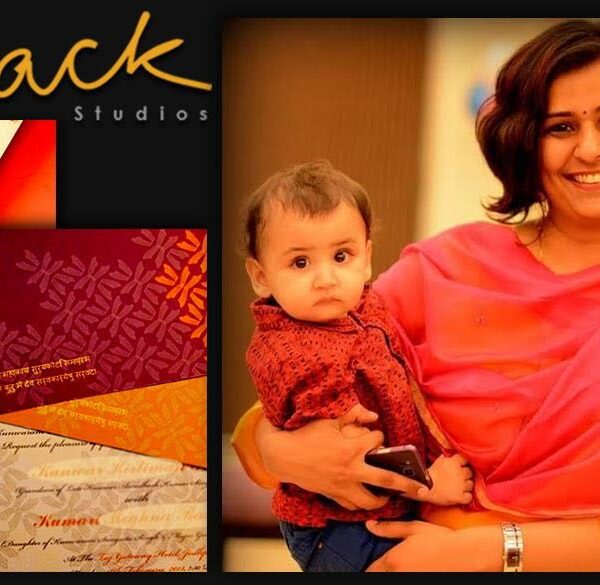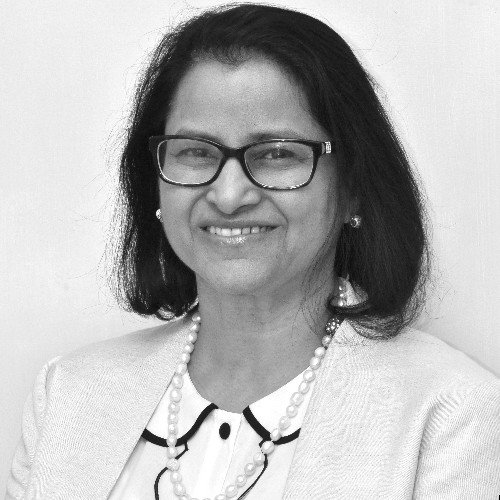Abortion, the deliberate termination of a human pregnancy, still holds a negative aura. This is because it is viewed from the narrow, non-gendered lenses. Abortion is a choice. It is the choice of a woman to let go of a fetus that she would not have been able to nurture. Motherhood is not just physical but equally psychological. Far from the moral judgement pursed against abortion, it is rather the right choice in most cases.
But before we trace the truth of what abortion is and how it touches upon the vast physical, psychological, social, economic, moral and altogether the whole dimension of our lives, we will figure out its legal status.
Abortion has been in the news lately triggering a fresh movement of Feminism because of the most restrictive law ensuing a near total ban by the Alabama state in the United States. The foremost reason of it triggering an angry outburst by women across the globe comes from a single point – that our body is our choice.
Women’s bodies have often been the arena for politics and abortion too is another aspect. The battles are numerous – from the lack of or zero female lawmakers in governments across the world to the patriarchy still dominantly touching minute aspects of our lives.
Closer to home, we observe the Abortion Law in India. In India, abortion is legal but it can be performed on various grounds only until 20 weeks of pregnancy. Before 1971, abortion was criminalized under Section 312 of the Indian Penal Code, 1860. In 1971, the Medical Termination of Pregnancy (MTP Act) was introduced.
The MPT Act 1971:
TheMedical Termination of Pregnancy Act, 1971 provides the legal framework for making Comprehensive Abortion Care (CAC) services accessible in India. The CACs are driven by the notion of making high-quality, affordable abortion care available to women in their communities.
The MPT Act legalizes abortion allowing it based on the following conditions but only until 20 weeks of gestation:
1. When it involves a life threatening health risk to the pregnant woman.
2. When there is subsequent health or psychological disorders to the child if they are born.
3. When the pregnancy is due to rape.
4. When pregnancy is caused due to the failure of contraceptives, only in case of a married woman.
Furthermore, the MPT Act also specifies –
a) Only a certified medical practitioner can terminate a pregnancy.
b) Allows all government hospitals to allow CAC services and private establishments post due to approval.
c) Only the consent of the woman whose pregnancy is being terminated is required. In case of minors or mentally unsound women, the consent of a guardian.
d) For terminations up to 12 weeks, the opinion of a single Registered Medical practitioner is required.
There are two types of Abortion: Medical Abortion and Surgical Abortion.
Medical abortion can be legally performed within 10 weeks of pregnancy in India by using a combination of 2 pills. They are supposed to be prescribed by a certified medical practitioner or a licensed OBGYN.
The surgical abortion is performed after 7 weeks which involves removal of the foetus and placenta from the uterus using electric or manual vacuum aspiration.
Victims either way.
The biggest repercussions are however on the women who become the victims not only of unplanned/unwanted pregnancy and but also of the complicated legal procedure. This is especially true of rape or sexual assault survivors for whom an unwanted pregnancy followed by abortion makes up for a traumatic experience that is double the price.
Over the years several pleas including those by rape survivors have been appealed to the court and have faced rejection. This demand to end the 20-week rule is driven by the sole notion that – victims of rape and trafficking are most often known to report pregnancies late. There are social and psychological reasons that govern this.
Also, anti-trafficking charities like Prerana and the CEHAT have found that trafficked women never themselves reported cases of unwanted pregnancy assuming it to be illegal. When they were rescued, they would cross the 20 weeks timeline.
What happens post the 20-week deadline?
If a rape or sexual assault survivor approaches the hospital for an abortion post the 20 weeks deadline, they are asked to submit a copy of an FIR. But most victims do not end up registering the crime fearing victimization and stigma.
But as reports state, even when changes have been made to the law to allow abortion for a pregnancy due to sexual assault, this still gets restricted due to several legal and medical formalities. There are also instances of especially minors, especially rape survivors who are ignorant about their pregnancy status and often only figure out in the later stages.
Ray of Hope: Proposed changes to the MPT Act:
In 2014 the Medical Termination of Pregnancy Amendment Bill 2014 was shared in the public domain. It sought to –
First, increase the service provider base.
Second, make legal abortion service more accessible to women.
Third and most importantly, increase the gestation limit for abortions beyond the 20 weeks limit. This involves –
a) Making abortion available at any time during pregnancy if the fetus is diagnosed with severe fetal abnormalities.
b) Increase the gestation limit for safe abortion services to 24 weeks for vulnerable categories of women including survivors of rape, incest, single women (unmarried/divorced/widowed) and women with disabilities.
This Amendment Bill is still in draft stage and is yet to become an Act. As of May 2019, the Delhi High Court issued a plea seeking to allow termination of pregnancy beyond the present 20 weeks dictates to that of 24 to 26 weeks, awaiting the next hearing in August.
Let Women Take Decisions About Their Bodies:
An unplanned or unwanted pregnancy could be a harrowing experience for a woman, especially because more than the legal and medical terminations, there are social and psychological reasons. Hence before making a law about women’s bodies, the people for whom laws are made need to be considered. This otherwise reflects the deeply patriarchal notions that govern our system.
Before crafting hard and fast laws, the deeply gendered bias in law-making ought to be addressed. The personal is the political, the divide is non-existent and keeping in tune with this we ought to create a supportive ecosystem that decreases the trauma and the pain. Abortion is not a taboo, it is a health conscious choice and this temperament needs to be held, supported and raised.
So let us join this movement and help make the process of abortion lighter and wrinkle-free. Write to us about your experiences and thoughts.
At your best interest you can always refer to this crowd-sourced list of trust-worthy gynaecologists in India.












